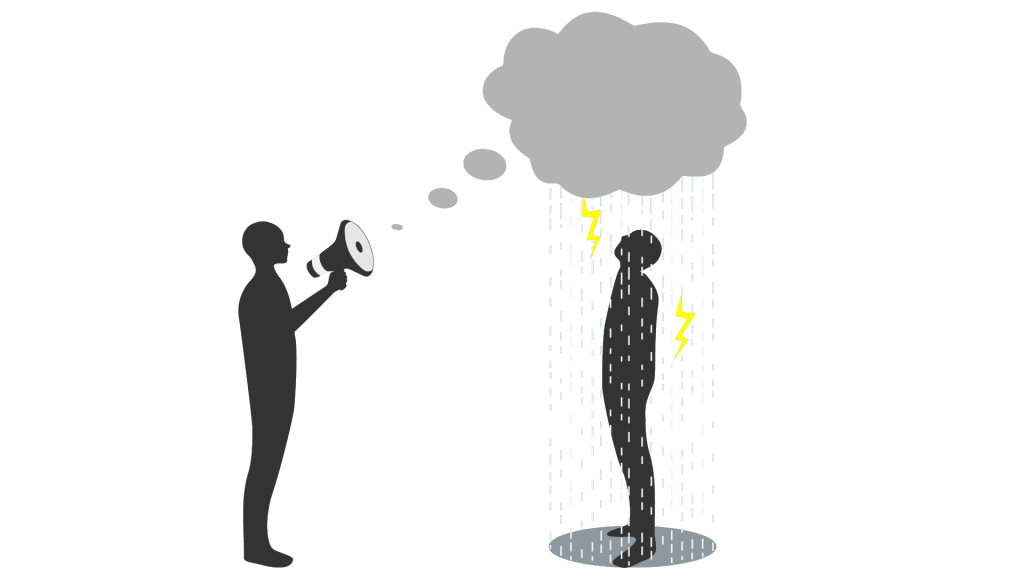„Media4Change“ reaguodama į sekmadienio įvykio, susijusio su psichikos sveikatos problemų turinčiu asmeniu, nušvietimą bei žurnalistų reakcijas pateikia rekomendacijas, kaip įspėti visuomenę apie galimą pavojų vengiant žalingo poveikio psichikos sveikatos problemų turintiems asmenims.
Ethical dilemma: how to inform without causing harm
„Media4Change“ reaguodama į sekmadienio įvykio, susijusio su psichikos sveikatos problemų turinčiu asmeniu, nušvietimą bei žurnalistų reakcijas pateikia rekomendacijas, kaip įspėti visuomenę apie galimą pavojų vengiant žalingo poveikio psichikos sveikatos problemų turintiems asmenims.
1. There is no one right way to respond to such cases. However, the important part is not what you report, but how you do it.

In the case of Sunday’s incident we invite you to ask the following questions:
🔹 Does mentioning the mental state of the individual add any value when warning the public? That is, if we were to talk about a “potentially dangerous man with a knife and pajamas”, the public would have been not as well informed? Would that man be no longer recognizable?
🔹 And if you still choose to use the mental state, then why? What’s behind it?
Isn’t it just an assessment that a person with mental health problems = a dangerous person?
If so, then the attitudes of you and the person who prepared the information you received are in line with the myth that mental illness is a critical danger to society.
Statistics show that such people committed only 4 percent of all crimes and less than 1 percent of all violent crimes in Lithuania. They are much more likely to be victims of crime themselves.
Meanwhile, one in four people has mental health problems at least once in their life. So we can only imagine how many people are negatively affected by this. We invite you to look around, as one of those people could be your colleague or family member.
According to a public opinion survey commissioned by the Institute for Ethnic Studies in 2020, people with mental health problems remain in the third place among the most undesirable neighbors and first among undesirable colleagues.
Your attitudes may affect how you select and distribute information. It is your choice whether similar myths will continue to be spread and perpetuated, or whether the situation will change.
In Lithuania, such portrayal and such attitudes are deeply rooted. According to a 2006 Eurobarometer survey, Lithuanians stand out from other European countries as the ones that fear people with mental health problems the most. As many as 68 percent of Lithuanians believe that people with mental illnesses are dangerous.
2. When presented with new facts, it is important to explain the situation to the public and clarify the information.
Especially in cases where you might have reported that a person had mental health problems, but it turns out that they did not have any mental health problems.
Media4Change’s media monitoring results show that this information is not updated in all cases. In this way, vulnerable groups in society are further stigmatized. We pay particular attention to headlines that, similarly to Sunday’s case, either were not changed or were deconstructed in a way that distorted the current situation.
Want to know more?
We recommend this methodological tool, written by Eglės Šumskienė and Jurga Mataitytė-Diržienė (in Lithuanian) „Nuo mitų prie tikrovės: psichikos sveikatos vaizdavimas žiniasklaidos priemonė“.


